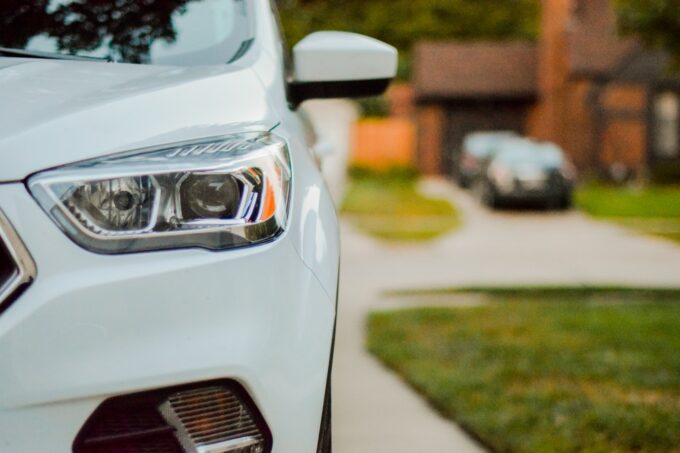When you are involved in a car accident, even in cases when you are not at fault, you can make a claim with your insurance company requesting payment for your injuries and damages. All this is feasible if you have the right coverages.
In addition, if you have collision insurance, your own carrier will pay for the cost of repairs or, in cases of total loss, the replacement of your vehicle. You probably will have to pay your collision deductible, although you may be fortunate enough to get this money back if your insurer can settle with the other driver’s insurance.
To minimize the hassles of dealing with your insurance company, a personal injury lawyer will help handle these negotiations on your behalf.
How can your car insurance help you if you had a car accident?

In states like Florida where there are no-fault insurance laws, you should start by making a claim against your own insurance as a first step. That is why you must have PIP or personal injury protection. Following this, you may sue the driver of the other car once you meet certain qualifications. However, you should be aware that in states like Florida there needs to be serious injury or even death before you can sue the other driver or anyone else for a car accident.
If you are dealing with a driver that does not have enough insurance to cover the injuries caused by the accident, you may still be able to sue them for the remainder. Although you may discover that they do not have any assets and it really is not worth the effort. Should you have underinsured motorist coverage, turn to it to cover medical bills when the other driver cannot cover them for you.
If your car is a total loss due to the accident, your insurance would pay you for the value of the car at the time the accident took place. Yet, if you have financed the cost of the car or your car has lost value rapidly, you may find that you may end up owing more in the car loan or lease than the vehicle was worth.
How can you get better insurance?
If you are looking to lower your car insurance costs, you should follow some tips that will have an impact on your premiums. Read on to find out how:
- Start by driving carefully – Not having accidents or filed any claims, will keep your rates lower.
- Prompt bill paying – Not only will this be reflected on your credit score, by demonstrating trustworthiness you may be able to negotiate a lower rate.
- Don’t be afraid to ask – Asking for a discount, whether for safe driving or because you wat to insure more than one car, may yield you a lower rate.
Frequently Asked Questions

1. Is it possible to settle a personal injury claim with the insurance company of the other driver who is at fault and then also sue the driver?
That would not be possible simply because when you settle your claim with the car insurance company you have to sign a release that bars you from filing a claim against the “at fault” driver.
2. Can I tell the jury that the other driver has liability insurance?
In most cases the answer is no. It is only in an extremely limited amount of cases that the jury finds out that the other driver has insurance.
3. Is the insurance company of the driver who is at fault obligated to pay my medical bills and lost wages?

No, they are not. This would only happen in cases where you either settle your claim or the jury determines that the at fault driver has been negligent and a judgment is entered against them.
4. If the other driver receives a ticket from a police officer at the scene, does that automatically make them “at fault” for the accident?
Even if they receive a ticket, the insurance company can still either deny your claim or deny liability if you bring a lawsuit. And the police officer will not be able to testify as to who is “at fault”.
5. If the owner of the car that caused the accident is not the person who was driving it when the crash took place, are they still responsible for what happened?

It would depend on whether the owner had been negligent in allowing the other driver to get behind the wheel. It may also depend on whether there is some determination of agency for the owner to be responsible for the wreck.
6. If the insurance company says to me that they admit liability or fault, will this admission obligate them to pay my bodily injury claim?
Even if the insurance company for the responsible driver pays your property damage claim, the insurance might still deny your bodily injury claim. In cases that do end up in court, both the defendant and his insurance company are not bound by the admission and may deny liability.
7. When there is a pre-existing condition present and the accident makes it worse, does this have no relevance on what damages I can recover?

In these cases, the driver and their insurance company would be responsible only for the aggravation of the condition as a result of the accident.
Have you been injured in a car accident and need help getting your car insurance to help you with your car accident lawsuit?
If you have suffered injuries due to a car crash, it can be hard to know how to proceed. There are certain steps you must take to ensure you do not jeopardize your personal injury case. This is the best time to talk to car accident lawyers Fasig Brooks and get some clear answers as to the best course to proceed. Reach out to them today to set up your initial consultation and get your insurance company to help get the damages you deserve.









